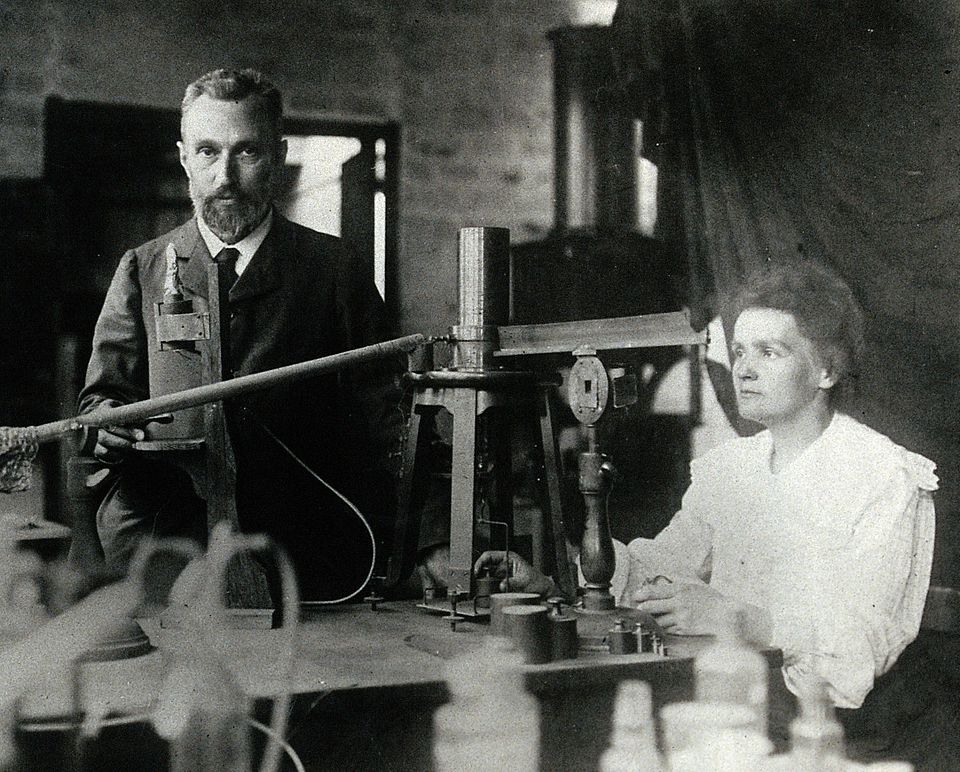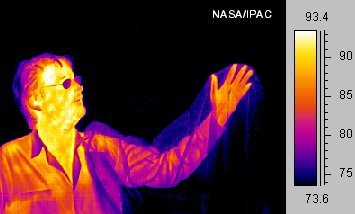#1565 What did Marie Curie win two Nobel Prizes for?
What did Marie Curie win two Nobel Prizes for? She won the Nobel Prize in Physics in 1903 for her research in radiation (shared with her husband), and she won the Nobel Prize in Chemistry in 1911 for discovering radium, polonium, and isolating radium. Marie Curie is not the only person to have won two […]
#1565 What did Marie Curie win two Nobel Prizes for? Read More »










